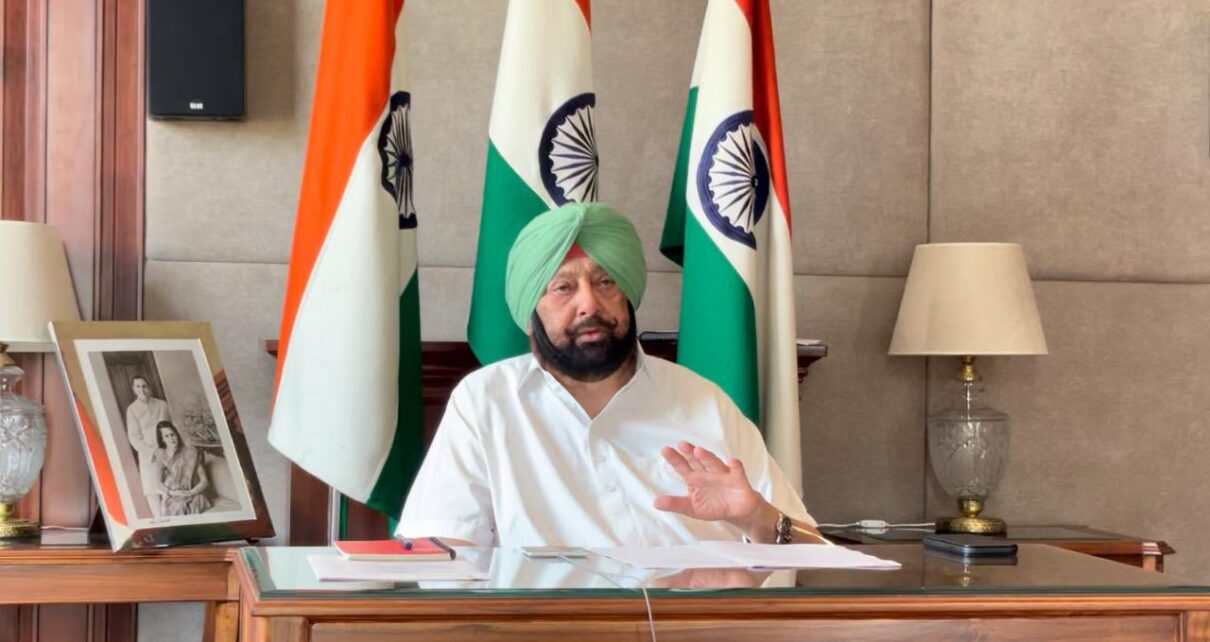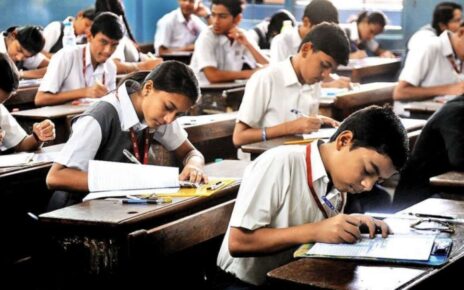As part of Mission Fateh, Punjab chief minister (CM) Captain Amarinder Singh on Thursday launched a Punjab Covid Care WhatsApp chatbot for self-care during home isolation, information on bed availability and vaccine centres, etc.
Patients in home isolation can put their vitals in the app and these will be monitored by experts who will advise them on the course of treatment. The app is available in 3 languages – English, Punjabi and Hindi.
Chairing a high-level virtual meeting, the CM also reviewed the progress of the recently launched Bhojan Helpline, under which more than 3,000 food packets were delivered by Punjab Police at the doorstep of the Covid affected families in just a week. These included 2,721 cooked and 280 uncooked food packets.
Lauding the Punjab Police for its role in the initiative, the CM urged all affected citizens to dial 112 or 181 for free meals.
DGP Dinkar Gupta said Covid canteens were established by the police department in less than 24 hours, with more than 120 cooked/uncooked food packets delivered on the very first day of the launch of the scheme. From May 14 to May 20, 2021, a total of 385 calls were received on Bhojan Helpline numbers with requests for food, he added.
Beginning July 1, 2021, the Punjab government will provide Rs 1,500 per month as social security pension, along with free education up to graduation, for all those children orphaned in the Covid pandemic, as well as families that have lost their breadwinning member.
Affected persons would also be eligible for grant of Rs 51,000 under Ashirwaad Scheme wef July 1, and would be entitled to free ration under the State Smart Ration Card Scheme and coverage under the Sarbat Sehat Bima Yojana. The state government would also assist the affected family members to find a suitable job under Ghar Ghar Rozgaar te Karobaar Mission, said the CM.
The relief measures will be provided to orphans until they attain the age of 21 years. In the case of families whose breadwinner has died, these would be provided for an initial period of three years, after which their situation will be re-assessed, and where the vulnerability continues to exist, the period may be appropriately increased.




